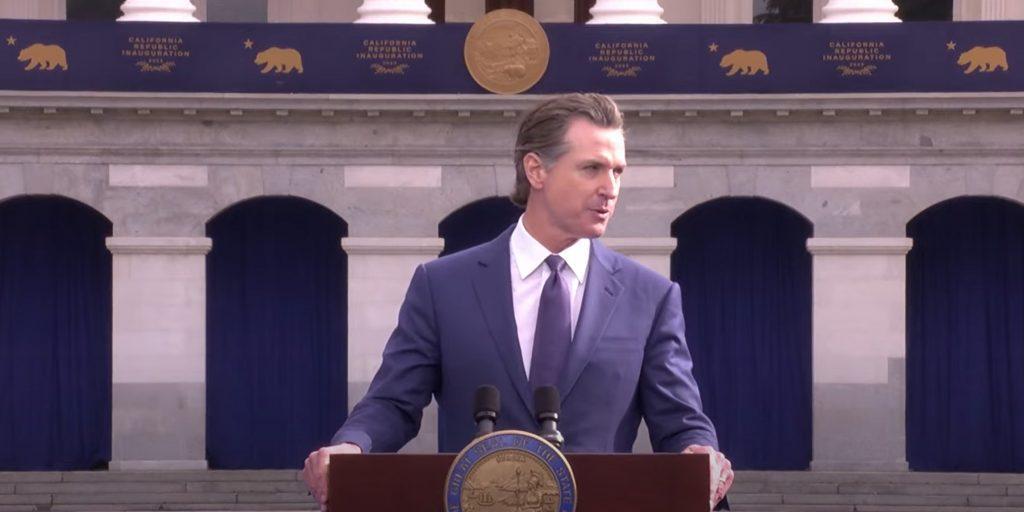Did Google Buy Its Way Out of Paying Fairly for News? California’s Deal Under Fire
The state of California and Google recently announced a groundbreaking deal involving $250 million to support local journalism and AI research.
While some see this as a win for local news, others argue it’s a maneuver by Google to avoid stricter regulations. The deal, reached behind closed doors, has sparked debate among journalists and lawmakers alike.
A Bill Shelved, A Path Chosen
California lawmakers decided to abandon a bill that would have required tech giants like Google to pay news companies for using their content.

Source: Freepik
Instead, they opted for a partnership with Google that promises $110 million from the tech giant and $70 million from the state over five years. Critics argue this decision favors Google more than struggling news organizations.
Google’s Clever Move or Genuine Support?
The agreement with California marks a significant departure from what many hoped would be groundbreaking legislation. Victor Pickard from the University of Pennsylvania says, “Google got off easy.”

Source: Firmbee.com/Unsplash
By agreeing to this deal, Google avoided a more substantial, ongoing financial obligation that the shelved bill would have mandated.
The Impact on Local Newsrooms
Under the deal, funds will be managed by UC Berkeley’s Graduate School of Journalism to support local newsrooms. While this sounds promising, some journalists argue it’s not nearly enough.

Source: Freepik
The Media Guild of the West pointed out that this deal falls short compared to similar agreements in Canada, where Google pays roughly $74 million per year to support journalism.
Unions Cry Foul Over Exclusion
Journalists and labor unions have voiced their frustration over the exclusion from negotiations. The Media Guild of the West claims, “The future of journalism should not be decided in backroom deals.”

Source: Pressmaster/Pexels
They argue that the agreement fails to adequately address the imbalance of power between tech giants and local news outlets.
A Question of Fairness and Equity
Critics, including Senate Democratic leader Mike McGuire, argue that the agreement lacks sufficient funding for local media and does not fully address the industry’s inequities.

Source: Freepik
The deal provides far less funding than expected and doesn’t force Google to negotiate directly with news outlets, raising questions about fairness and equity.
Google’s Global Playbook?
Experts like Anya Schiffrin from Columbia University believe this deal is a familiar tactic used by Google to avoid regulation globally. She estimates Google owes $1.4 billion annually to California publishers alone.

Source: Freepik
By negotiating this deal, Google potentially sidesteps much more significant payments, replicating strategies used in other countries like France.
The AI Controversy
A surprising component of the deal is the inclusion of a $70 million fund for AI research. Some journalists see this as a move by tech companies to pivot toward technology that could eventually replace them.

Source: Wikimedia
Critics argue that AI tools may end up exacerbating job losses in an already struggling industry.
Support and Skepticism from Media Groups
Despite the controversy, some media groups, including the California News Publishers Association, have shown support for the deal.

Source: Wikimedia
They view it as a necessary compromise to secure immediate funding. Julie Makinen from the association called it “a first step,” but many still believe the deal could have been more advantageous for local news.
Potential Roadblocks Ahead
The deal, set to begin next year, could face several challenges. Governor Gavin Newsom has pledged to include journalism funding in his budget, but opposition from other Democratic leaders might derail the agreement.

Source: Wikimedia
The agreement’s success depends on its implementation and the political landscape in California.
The Bigger Picture: A Struggling Industry
The deal comes at a time when the U.S. newspaper industry is in steep decline. Over 2,500 newspapers have closed since 2005, and advertising revenues continue to dwindle.

Source: Pixabay
While the deal promises temporary relief, many are skeptical it will address the deeper, systemic issues facing local journalism.
What’s Next for Local Journalism?
As the deal’s details continue to unfold, the future of local journalism in California remains uncertain. While some hope the funds will provide a lifeline to struggling newsrooms, others worry it’s just a band-aid solution.

Source: Wikimedia
Only time will tell if this agreement is a step toward sustainable journalism or if it lets Google off the hook too easily.
